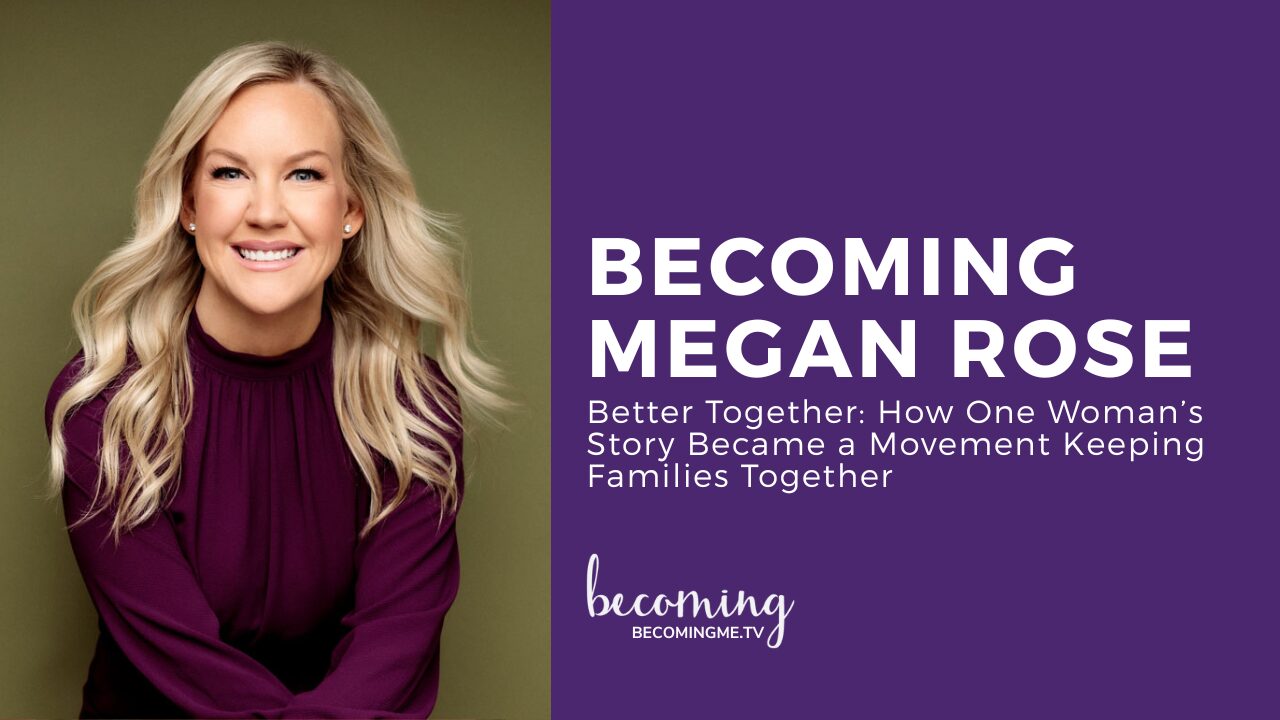When I get even the faintest whiff that someone doesn’t like me, my mind instantly goes into overdrive: when was the last time I talked with them? What did I say? Were they upset? How could they not like me? I mean, I’m a likeable person, right? And down the rabbit trail I go endlessly chasing something I’ll never be able to catch.
I remember one instance when I was talking with my closest friends, big tears rolling down my face as I questioned over and over why a particular person didn’t like me. One of them responded with something so simple, so tweetable, and yet so profound that I haven’t been able to forget it since: trying to figure out where you stand with people is the biggest waste of time.
Goodness is that true.
Here’s the thing: I want people to like me.
And here’s my confession: I struggle with the fear of rejection big time.
My friend’s statement resonated with me so deeply because I’ve found it to be so true in my life. I allow the opinions and thoughts and words of others to take my heart hostage, overpowering my emotions like a tidal wave. And every single time I come back to the surface gasping for air, this question smacks me in the face: why do I care so much?
If I’ve truly rooted my identity in Jesus, why should I care so deeply when friends, strangers, family, acquaintances, co-workers, and that guy I’ve been crushing on decide they’re not my biggest fan? And here’s the thing: this fear, this uneasiness, creeps in when we’re least expecting it, threatening to sabotage everything we know to be true. Whether someone actually has rejected me or it’s just a lie tumbling around in my head, there are several steps I’m choosing to intentionally take in order to free my mind and heart from the captivity I’ve far too often subjected myself to:
- It’s not always about me. Too often I find myself taking someone’s dirty look or angry tone of voice to heart, wondering what I did wrong. But here’s the reality: people are people and we’re all going through stuff. Sometimes the issue was never really about me, but rather about what’s going on inside of them.
- Just because someone doesn’t agree with me doesn’t mean they’re against me. We all have our own opinions, thoughts, dreams and ideas. And that’s a good thing! I mean, if we all had the same favorite color, this world would be pretty boring. When someone pushes back on an idea or dream or just plain disagrees, I’m learning to not take it so personally because disagreements aren’t always a sign of a personal attack—most often they’re just differing ideas.
- Sometimes friends are only for certain chapters of my journey and that’s ok. When friendships go in different directions it’s hard to not take it personally. But when they do, it’s critically important to celebrate the chapters you had together and cheer them on as they travel down a different path. Just because you’ve parted ways doesn’t mean one is right and the other is wrong. We’re all on this grand journey of becoming who God made us to be, and we all need to travel the path God has placed in front of us.
- Starve the hypotheticals. Running through hypothetical scenarios in your mind will crush your heart. I’ve been there, done that and discovered painfully that it’s not worth it. We must intentionally choose to ditch the mind games and stick to what we know to be true.
- Choose to believe the best. When relational hiccups and disagreements happen, I can choose to either fill in the gap with good or fill in the gap with bad. I’m going to fill in the gap with something—and interestingly only the later really affects and inhibits me. When I choose to fill in the gap with good, I’m living free from the thoughts and opinions of those around me; but when I fill in the gap with bad, I’ve consciously chosen to imprison my own heart with feelings of frustration, unforgiveness and anger.
- Have an honest conversation. We cringe at the words “We need to talk”, but those four little words are often the next best step we need to take relationally in order to heal, identify truth, offer and receive forgiveness, and move forward.
- I have to move on. Like my friend pointed out, trying to figure out where you stand with people is the biggest waste of time. When I stay stuck in the same rut of worrying about whether someone likes me or not, I’m only hurting myself—9 times out of 10 that person has no idea I’m even obsessing over the issue. In the wise words of T. Swift and Elsa, “Shake it off. Let it go.”
- Stamp the truth over feelings of rejection. When the opinions of others start to saturate my brain, I’m discovering the importance of covering lies and hypotheticals with the truth God speaks over me:
- I am loved (Romans 5:8).
- I am cherished (Psalm 139).
- I am accepted (Acts 2:25-28).
- I am beautiful (Ephesians 2:10).
- I am chosen (Ephesians 1:5).
- I am worthy (Galatians 3:26).
- I am becoming (Ephesians 4:21-24).
I can’t control whether someone accepts me or rejects me. Only they hold the keys to that—and their decision is something that only they and God can wrestle with. I’ve been entrusted with this one beautiful, fabulous, grace-soaked life, and I don’t want to waste another minute of it obsessing over another person’s thought process. The only thing I can control is me, and day by day I’m discovering that not only do I like the woman I see staring back at me in the mirror, but the God of the universe is crazy in love with me too. And I’m beginning to see that that is enough.

